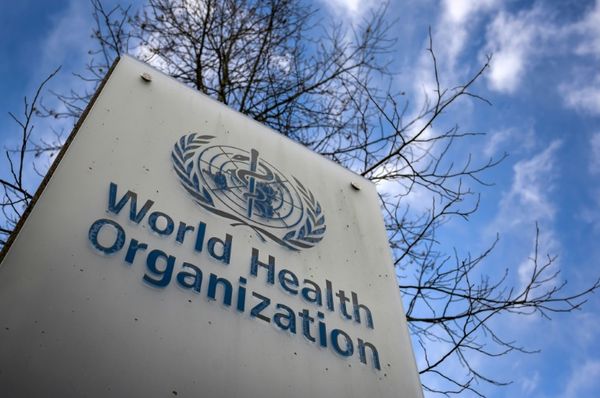
The Bank of Thailand (BoT) raised its key interest rate for the first time in nearly four years on Wednesday, lifting it by a quarter point as expected to fight surging inflation as the economic recovery gains momentum.
The central bank, which had been among Asia's least hawkish central banks, finally joined most of its peers in raising rates as consumer inflation hovers near 14-year highs, though it stressed hikes will be gradual.
The BoT's monetary policy committee (MPC) voted 6-1 to increase the one-day repurchase rate to 0.75% from a record low of 0.50%, which had been unchanged since May 2020.
One member voted to raise the policy rate by 0.50 percentage point. The rate was last raised in December 2018.
Seventeen of 20 economists surveyed by Reuters had expected a quarter-point hike, with the remaining predicting a half-point rise.
The Southeast Asian country had maintained its policy focus on supporting the economic recovery, which has lagged that of its Asian neighbours due mainly to tourism curbs during the Covid-19 pandemic. The vital tourism sector has just begun to recover this year as restrictions were eased.
"The economic recovery (has) continued with momentum from higher-than-expected foreign tourism," Piti Disyatat, secretary of the MPC said in a statement.
"The Thai economy is expected to return to the pre-Covid level by the end of this year and will continue to gain traction."
The BoT had signalled gradual policy tightening to cool price pressures. Driven largely by high energy prices, the consumer price index (CPI) rose 7.61% in July from a year earlier, far above its target range of 1-3%.
Finance Minister Arkhom Termpittayapaisith said on Wednesday that commercial banks in the country should not rush to raise their interest rates even though the central bank will tighten monetary policy.
The finance minister as well as BoT governor Sethaput Suthiwartnarueput believe that gradual moves are enough to counter inflation without hurting growth, even as Asian peers from Philippines to India have raised their policy rates by more than 100 basis points this year in response to the United States Federal Reserve’s tightening.
Earlier, heads of state banks said they would try to hold their interest rates steady for as long as they could so customers would not be impacted by a policy rate hike.
Some business sectors are concerned about the effect of the BoT's anticipated interest rate hike on companies and the public, while related private and state organisations have vowed to do their best to help them alleviate the impact.
Earlier, the Federation of Thai SMEs expressed its concern about a higher policy rate and is calling for authorities to prepare measures to help small and medium-sized enterprises (SMEs) deal with the impact.
A rate increase will increase financial costs, reduce financial liquidity, and cause SMEs to lose competitiveness in the market, said Sangchai Theerakulwanich, president of the federation.







